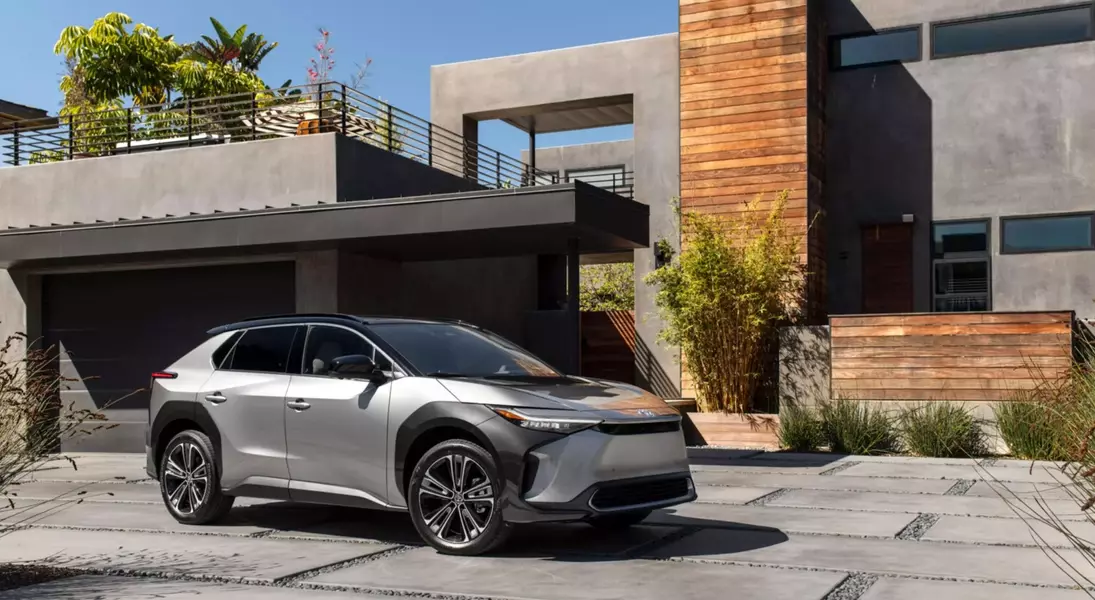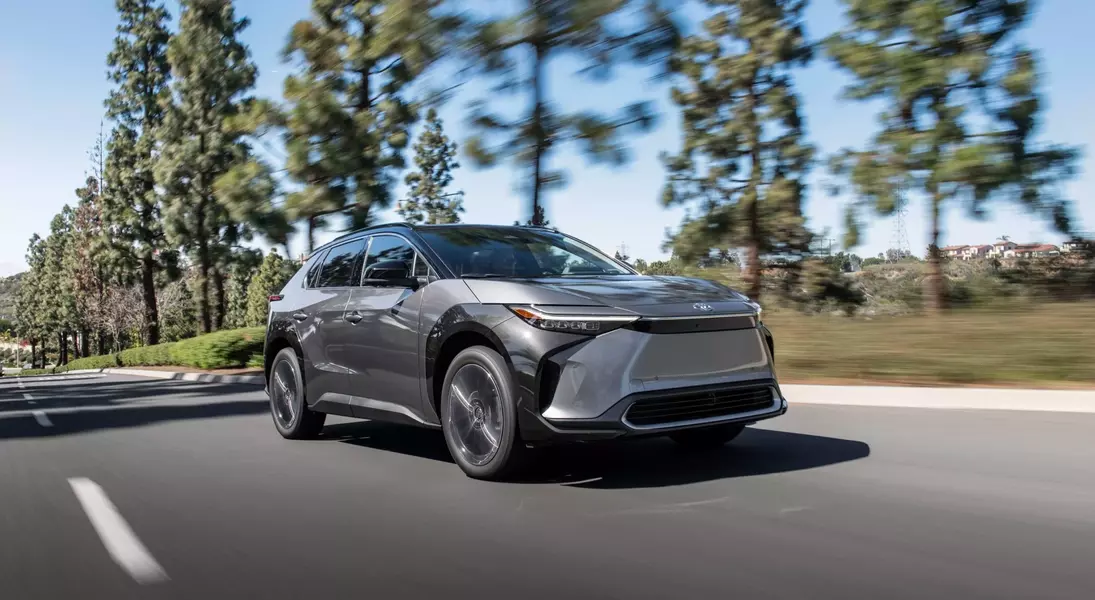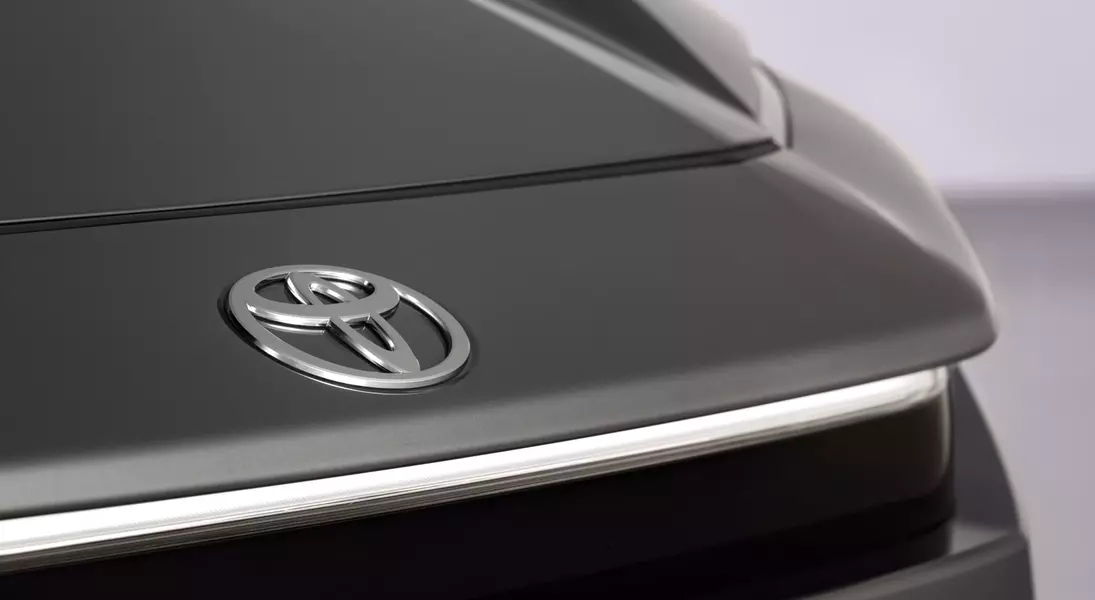




Toyota has put the brakes on its electric vehicle expansion strategy, specifically delaying the construction of a new battery manufacturing facility for the second time. This decision comes as the global demand for electric vehicles shows signs of cooling, prompting many automotive manufacturers to reassess their investment timelines and production capacities. The Japanese automaker's recent financial projections reflect this shift, with a revised, lower forecast for EV sales globally, indicating a cautious approach in a rapidly changing market landscape.
The planned battery factory, situated in an industrial area near Fukuoka, Japan, has faced its second postponement, a confirmation made by both the local governor and Toyota President Koji Sato. The initial delay occurred in March, with the company citing a decrease in EV demand as the primary reason. This latest deferral underscores a persistent uncertainty within the industry, as carmakers navigate the complexities of transitioning to electric powertrains while facing fluctuating consumer interest and evolving market conditions.
Adding to Toyota's challenges are its particularly weak electric vehicle sales performance in the United States, which includes its luxury brand Lexus. The company's U.S. EV sales have seen a dramatic year-over-year decrease exceeding 90%. This sharp decline is attributed to a combination of factors, including the discontinuation of federal EV tax credits for some models and a general lack of strong consumer enthusiasm for Toyota's current EV offerings. Compounding these issues, Toyota, along with Subaru and Lexus, recently issued a significant recall for nearly 100,000 electric vehicles, including the bZ4X and Lexus RZ, which share a common platform, further impacting consumer confidence.
Despite these setbacks, Toyota is not abandoning its electric vehicle ambitions entirely. The company is actively working to revitalize its EV lineup, with plans to introduce an updated 2026 bZ crossover model that boasts an extended driving range of up to 314 miles. Additionally, two new electric SUVs, the 2026 C-HR and bZ Woodland, are scheduled for release in the U.S. next year. However, with the current headwinds facing EV demand, the success of these upcoming models remains to be seen, as the market continues to evolve and consumer preferences shift.
The repeated delays in Toyota's battery plant construction and its struggles in the U.S. EV market highlight a broader trend of cautious optimization within the automotive sector. Manufacturers are grappling with the immense investments required for EV production against a backdrop of uncertain market adoption rates. This situation emphasizes the need for strategic agility and a deep understanding of consumer behavior as the industry collectively moves towards an electrified future.
